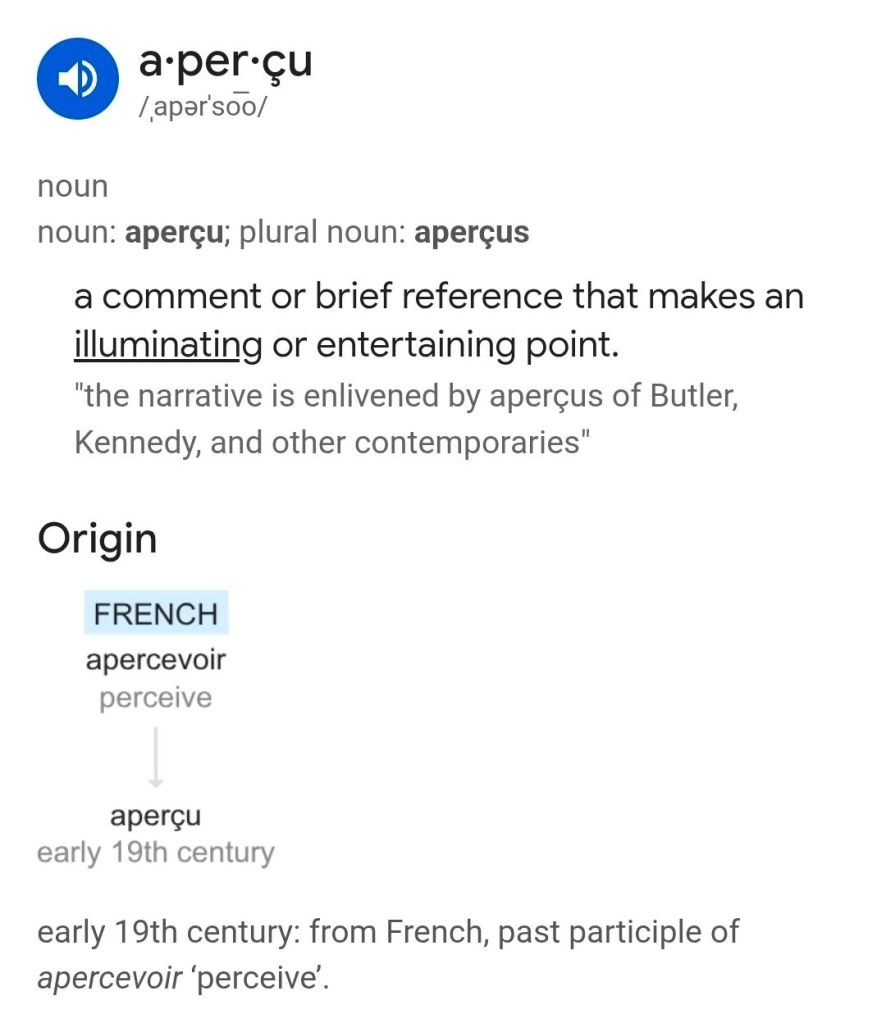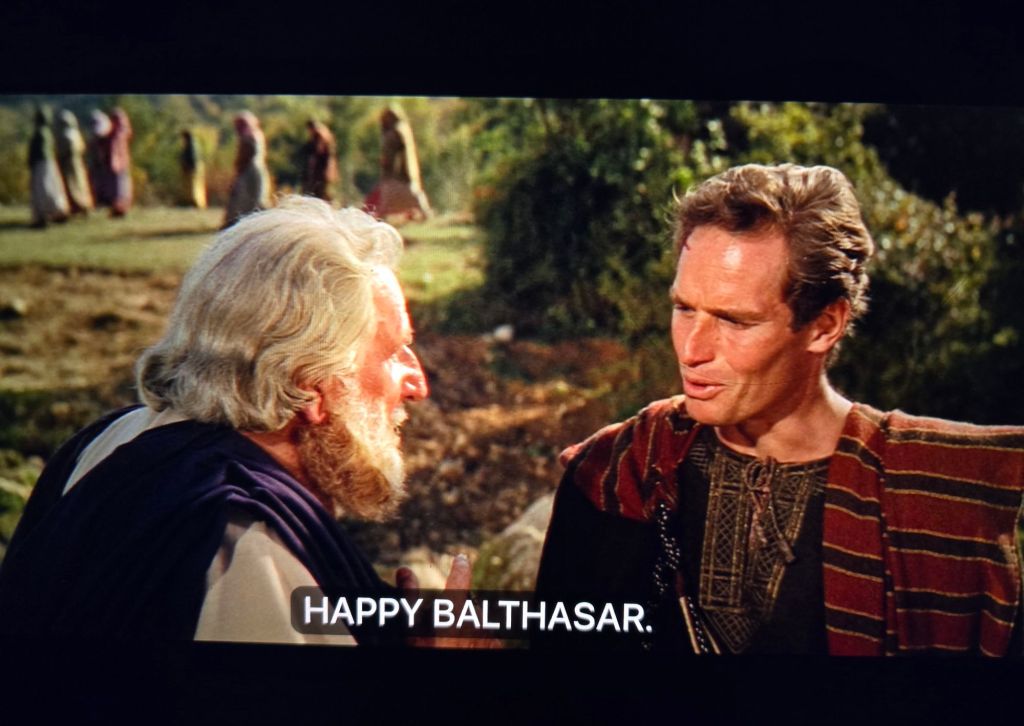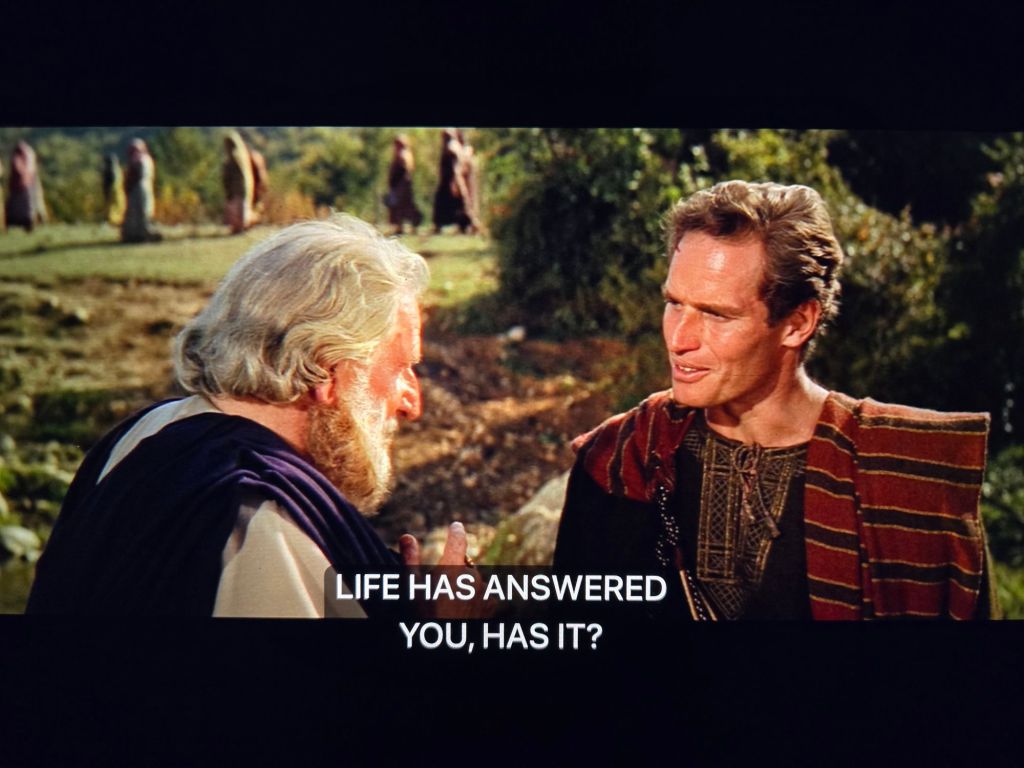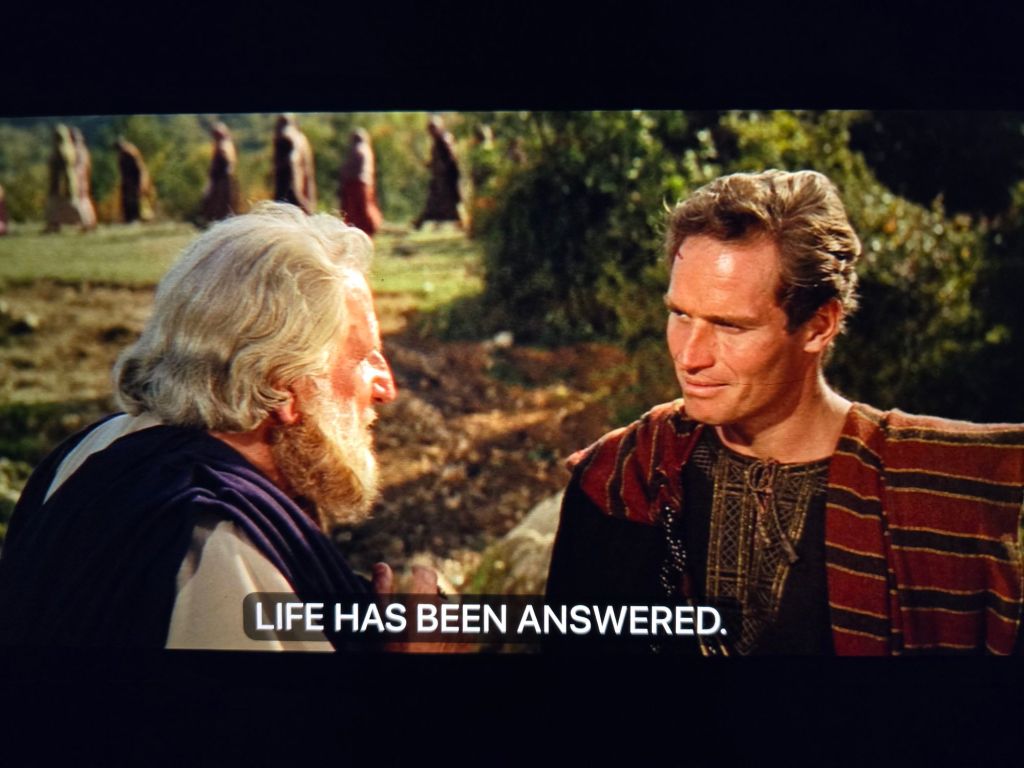
WOTD: aperçu

Scribblings / Warblings / Daubings


It’s always useful to remember what there are distinct differences between “discover,” “define,” and “describe.” I was reminded of this while reading an article today on the reintroduction of certain Ceara Gnateaters into the Aratanha Mountains of Brazil.

In the article, the author notes that this bird’s name is derived from the region of Brazil in which it was “described by naturalists in the early 20th century.” Described – though not necessarily discovered, and certainly not defined.
This caution regarding terms is particularly useful in scientific accounting. For example carefully consider whether this or that process is actually defining the mechanism by which something occurs, or only describing what occurs. We would not wish, in some form of intellectual hubris, to claim a fuller understanding of the nature of things than we truly have.
Thus endeth the lesson, as they say. But if your like to read more about the rebirding in Ceará, I found the article from Cornell’s Lab of Ornithology a very enjoyable read!

Beauty casts a reproachful eye.





Sometimes phrases misread present new ideas that are worthy of reflection.
Here is an example: my father has gotten into the habit of texting us children links to the daily reading from Oswald Chambers’ My Utmost for His Highest. The title for today’s read, “The Drawing of the Father” (meaning the summoning off God to His children) and I hardly took it to mean a picture of a parent. To which my first thought was that every man should make a drawing of his father at some point in his life – with pencil or ink or even paint if the man be an artist, and if he is not, a portrait formed of words. Some men wait until that picture must be an obituary, but I recommend precedents.
Portaits are funny things – never quite the truth, yet able perhaps to get to a kind of essence of the person pictured. Are the lines smooth or ragged? What is the person doing in the moment captured? What does this tell us about the subject, and how we are related to him or her?
For awhile now I have wished to make such a portrait myself. I even took the photo below some months ago, to use as a source for an attempt in oil – although there is another picture from some years ago, of my dad with a look of happy exaggerated surprise on his face, that would serve even better.

Perhaps I will use my misread thought as a spur to tackle that project.
Question for you: how would you draw your father? What would the picture look like?

Loved this reminder of our recent trip to the Grand Circle. Thanks, Sydney!


There is something precious about a Thanksgiving cactus: that a thing should require so little and still flush with glorious gratitude. Good training for an American soul.